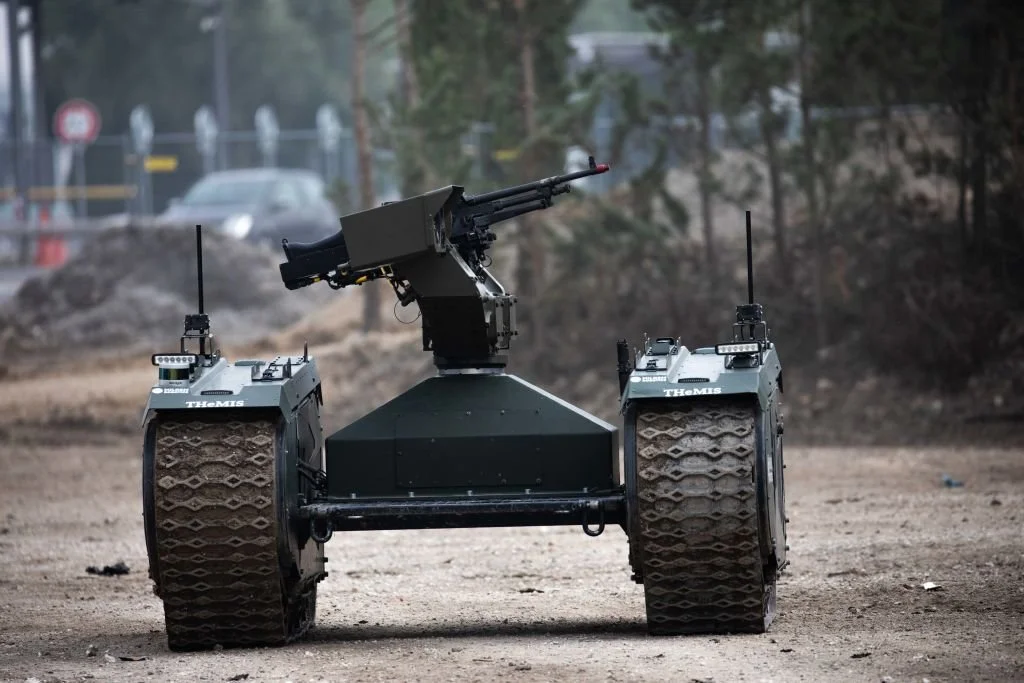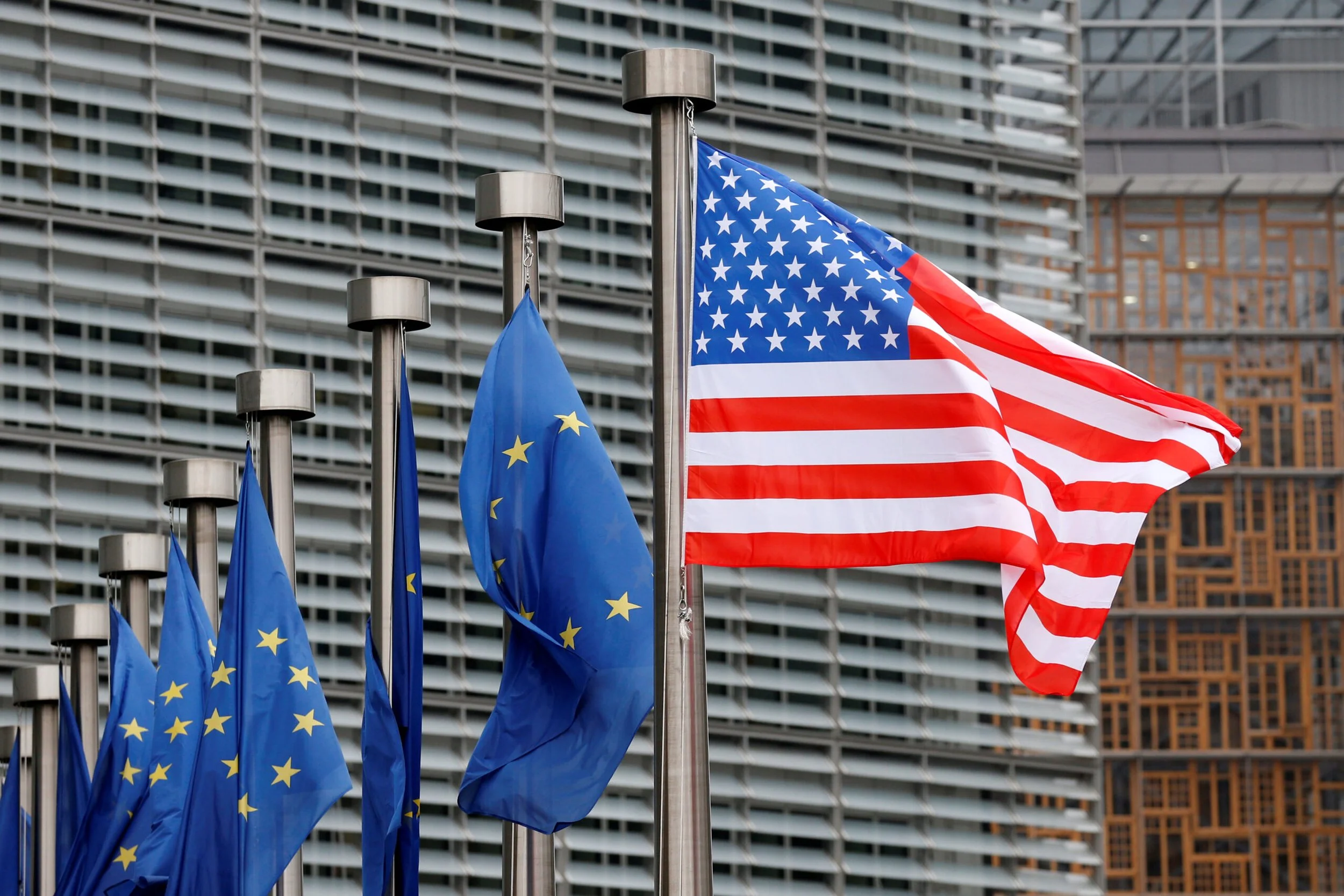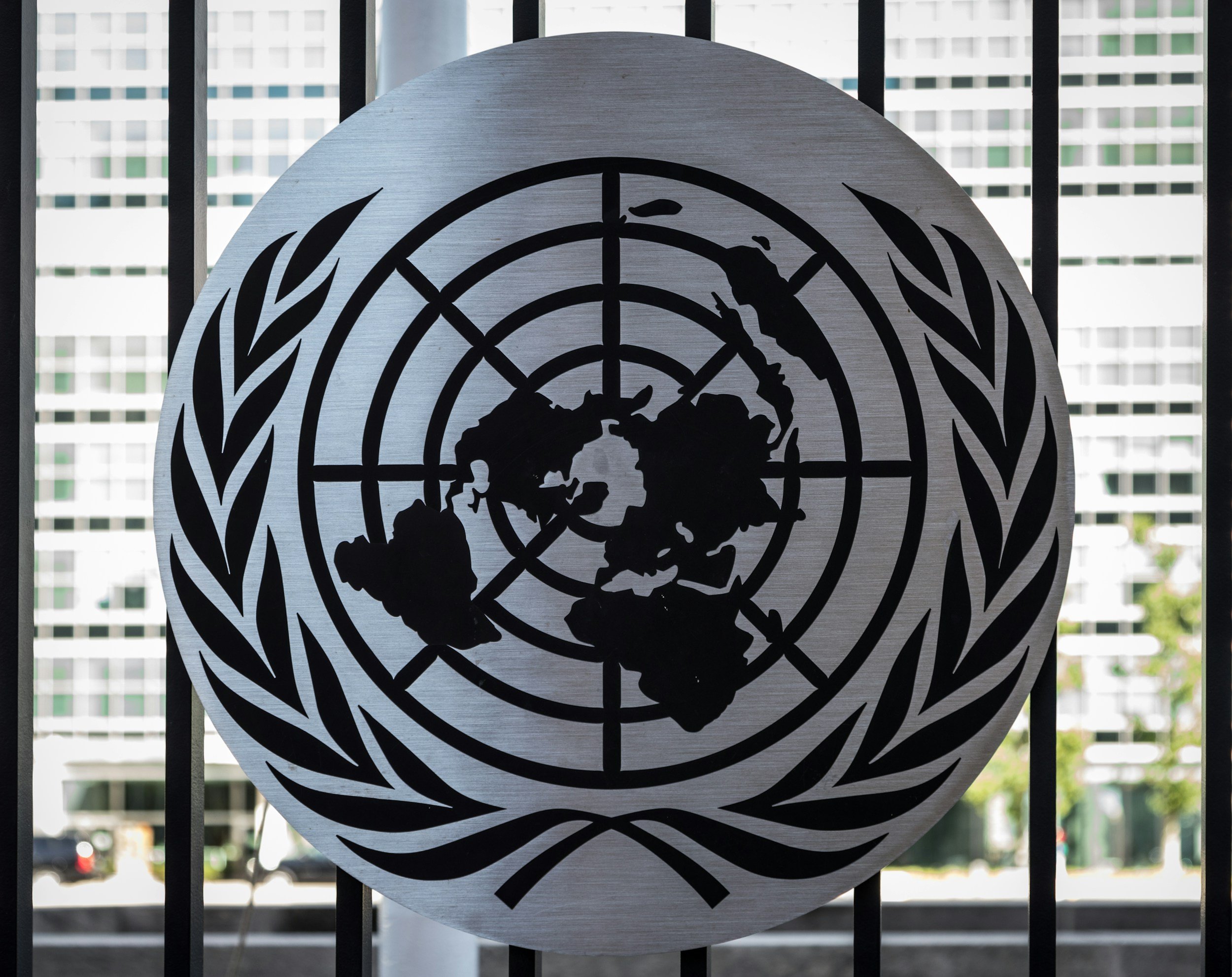Public support against usage of autonomous weapons is well documented, yet prior experiments focus largely on U.S. samples and “terrorist” scenarios, limiting cross-national generalizability. This preregistered experimental survey in the United States, Brazil, Germany, and China finds that the public responds similarly to risk-based primes across countries, enemy identity has no significant effect, and Chinese respondents show higher overall support. Find the full study here.
New article in Survival: How the EU integration took inspiration from the US before Trump
Jan Hornát’s article in Survival explores how the European Union long reflected the United States’ federal “peace pact” model, and why this mirror shattered under Trump’s administration. The article highlights how Trump’s interpretation of the EU as a hotbed of liberal culture wars and his open support for populist and far-right movements destabilises the European peace architecture the United States once encouraged.
Can nuclear deterrence and disarmament go hand in hand? Evidence from 24 countries shows they do
Nuclear deterrence and disarmament do not necessarily need to go against each other. A new paper by Lauren Sukin and colleagues shows many people hold both pro- and anti-nuclear views. Using survey data from 24 countries (N=27,250), the study finds publics value both deterrence and disarmament rather than categorical positions.
New paper on grand strategic change after critical situations: Cases of Israel and Czechia
Zuzana Lizcová & Rob Geist Pinfold’s article in EJIS explores whether grand strategies and strategic narratives endure or shift after traumatic geopolitical shocks. Comparing Israel’s response to 7 October 2023 with Czechia’s reaction to Russia’s 2022 invasion of Ukraine, it finds that the scale of strategic change reflected the severity of perceived threat and disruption.
Does public opinion shape elite preferences on nuclear weapon use? New aticle in EJIS
Can public opinion shape elite attitudes toward the use of nuclear weapons? Our new study in EJIS finds that public support increases policymakers’ willingness to endorse nuclear first use. While finding that effects are weaker in retaliation scenarios, the study concludes that sympathetic public opinion strenthens the credibility of third-party nuclear threats.
New article: How did the U.S. reassure the public during the Russo-Ukrainian war?
Lauren Sukin and colleagues show that U.S. restraint in the Russo-Ukrainian reassured allies and partners more than displays of force. Based on novel data from a survey of 27 250 people in 24 countries, the study finds that caution and indirect support boosted trust, challenging assumptions favoring military resolve.
New article on narrative research in International Relations
Zuzana Krulichová’s new article in Cooperation and Conflict reviews narrative approaches in IR, distinguishing between agency-centric and structure-centric perspectives. She calls for more focus on their interaction, noting that longitudinal or historical studies could sharpen analysis and theory.
New article on public support for arms control in the third nuclear age
Michal Smetana, Marek Vranka, and Ondřej Rosendorf explore public support for arms control in the third nuclear age, arguing its complexity lowers awareness. People rely on simple heuristics, making opinions elastic and open to “elite cues” from experts and politicians shaping attitudes.








